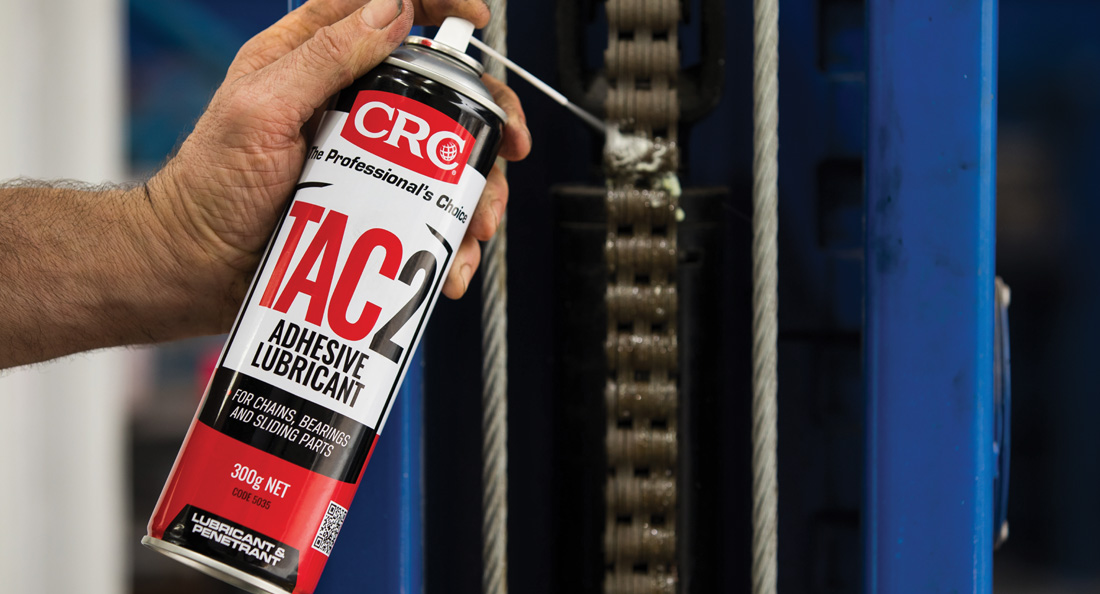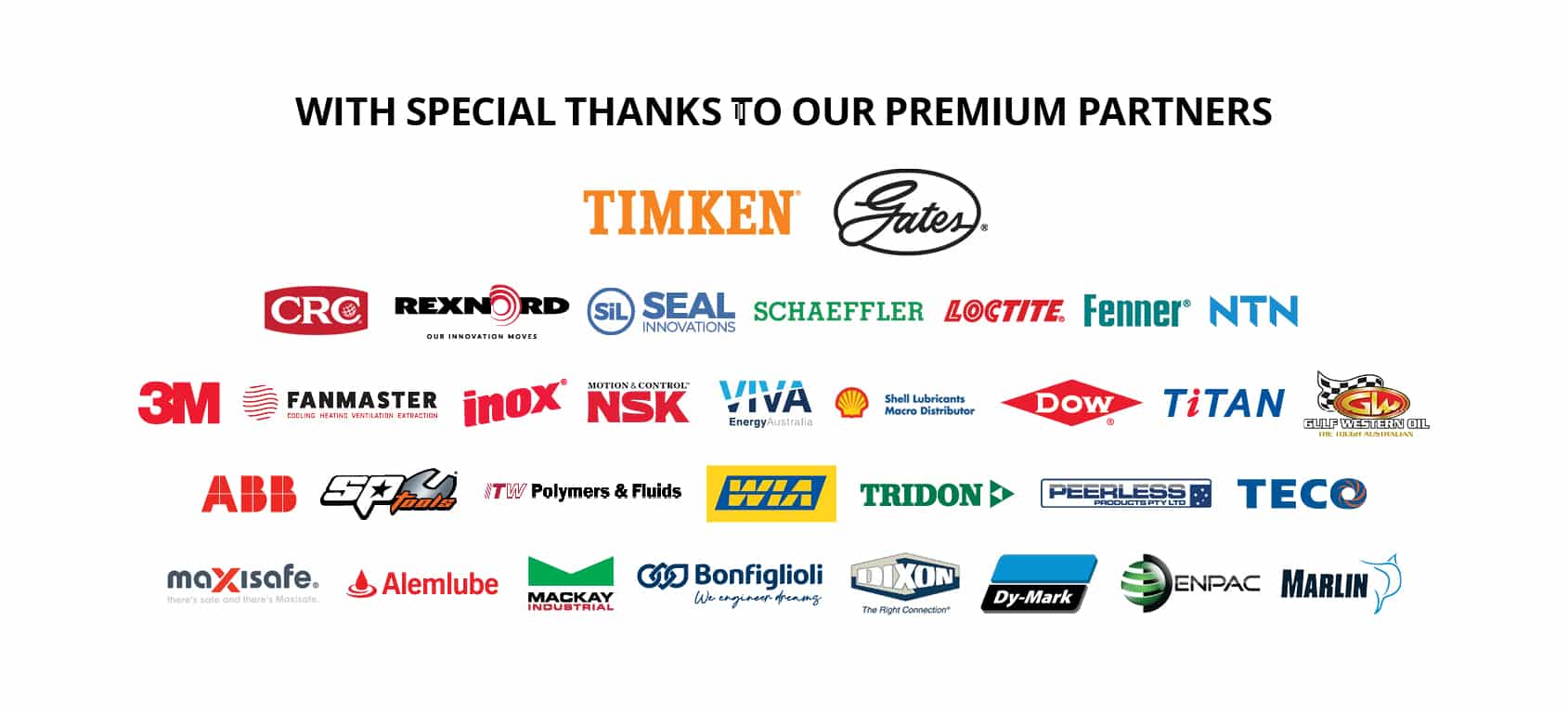
13 Mar Smoothing over lubrication challenges in Recycling Plant machinery
According to lubrication industry expert Steve Keown, it is paramount that lubricant and penetrant products used in recycling plants are able to perform in environments that have a high concentration of contaminants.
“Dirt, debris and water can come from the plant location itself or from the material that is being recycled, and they can hamper the effectiveness of the plant equipment and components. So, it is important that the lubrication can withstand these environments,” says Keown, CBC Australia’s Product Manager for Lubricants.
Keown recommends CRC Industries’ comprehensive lubricant and penetrant product range for recycling plant applications. The Tac-2, for instance, has a tough adhesive quality which will bond to chain/wear surfaces to keep conveyer chains in peak operating condition. The Chute Lube, an NSF H2 registered silicone spray for package handling applications, forms a colourless, odourless, non-staining film that lubricates and protects in most metal to non-metal applications.
“CRC Chute Lube eliminates the binding and sticking of packages and boxes, while protecting most surfaces,” explains CRC Industries National Marketing Manager Simon Hatton. “This lubricant helps boxes glide down chutes and rails on package handling and sorting conveyors.”
Other lubricant products offered by CRC that are appropriate for recycling plants include the 808 Silicone and Dry Glide for sliding surfaces, the Contact Cleaner and Lectraclean to maintain conveyor motors and drive systems, and Long Life to maintain hinges and other moving machinery systems.
“CRC’s aerosol lubricants are an ideal product to use – whether it’s a ‘spray in place solution’ or whether it’s a bulk product for a plant shutdown for a routine maintenance program,” says Hatton. “The benefits of CRC’s high performing lubricants include reduced product consumption through extended service internals, increased equipment life through reduced wear, and lower energy consumption from reduced friction.”
Moreover, CBC can offer recycling plants across Australia with a localised service through their network of branches. This includes extensive inventory analysis for recycling plant customers, to make sure the right products are used by engineering teams when carrying out component change-outs or other maintenance work.
“The lubricants and penetrants are there for the site maintenance teams at the recycling plants to use. Our main aim is to supply these products to those teams so they can have effective lubrication products on hand when they need them for the wide array of applications in the recycling plant,” says Keown.
CBC works closely with CRC Industries at both the national and local level, including taking joint call-outs to recycling plant sites for site surveys, inventory assessments, and application checks. This ensures that lubricants and penetrants are fit for purpose at particular sites.
“Based on our interaction with our customers, we also provide CRC with feedback on products that are very successful, and we provide suggestions on what could be added to the CRC range or what could be improved,” says Keown.
“CBC’s close collaboration with local CRC representatives, gives customers confidence that we can both supply them with the right products for their applications and, also, provided the infrastructure, resources, and staff to back up those product offerings.”
CBC has distribution centres in Melbourne, Sydney, and Perth, with the capability to send products all their local branches across Australia. This means that if a recycling plant requires lubrication, not only can the well-stocked branch network supply products on demand, but the distribution centres are able to resupply products that are not locally available overnight if needed.
“We have a more extensive branch network nationally than anyone else, with a large amount of distribution centres. You don’t get that level of coverage with other suppliers – they don’t have the sales staff and the engineering teams to cover all regions like we can,” Keown states. “When companies are looking at contracts to supply their plants – whether they be metropolitan or regional and remote – they can see that we have it covered.”
CBC has been working with industrial customers since the 1950s, with a long history of working with recycling plants. Some of CBC’s current staff have 30-plus years of experience in dealing with these types of processing plants.
“Those decades of experience filter over to other people in the company that work with them. Our team is very prepared for the challenges and the specific requirements of working with recycling plants,” said Keown. “It is very reassuring for the customer to be able to pick up the phone and talk to a person that will visit their site, who is familiar with the type of equipment they have and the challenges that may occur at their recycling plant.”

